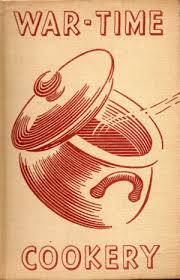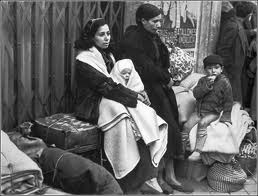
Dawn spreads its amber on the waters of the Thames on the morning of Catherine Howard’s execution. She looks pale, on the verge of fainting as she climbs the steps to the scaffold. Dark crescents under her eyes betray a sleepless night spent in morbid ritual: she is said to have practised placing her neck on the chopping block brought to her cell at her request. She has been helped up to the spot of her death but clings on to a macabre version of courtly propriety by tremulously proclaiming her punishment “worthy and just” before execution. Her soon to be widower, Henry VIII, is not there to witness her act of contrition, having sunk into morbidity and bouts of overeating in the wake of her persecution and trial.
It is exhausting to be a monarch of such unyielding will. It is trying to stand on the right shoulder of God where you were perched by divine law upon birth: the weary loneliness and the precipitous fall nobody can ever share with you. Everything looks like treason from that height. How many wives must be confined, capitally dismembered, or simply dismissed to quench this thirst for the absolute certainty of glory and succession?
Catherine Howard, like Anne Boleyn before her, is ultimately sacrificed at the altar of Henry’s boundless vanity. All for nothing: God will make sport of Henry’s desire for a male heir by killing his only son and successor, Edward VI, aged fifteen. A pubescent corpse before the Virgin Queen takes to the throne.
Tea will only arrive in England a handful of years after Elizabeth’s death in 1603.
So:
Catherine had to endure the chill of a February morning at the scaffold without its comforting stirrings.
Anne, before her, was shunned and shattered like glass by her king in ignorance of its reddish translucency, which might have reminded her of the colour of the hair of both her predecessor, Catherine of Aragon, and her successor, Jane Seymour.
Henry could not distract his gout nor warm the gloom in his spirits with its steam.
Its aromatic bitterness never touched the parched lips of Edward as he succumbed to a fever.
It is not hard to imagine Catherine Parr, tight lipped and plump chested, nestling a cup of tea in her ivory fingers on the day of His Majesty’s burial. Yet this did not happen either.
The fragments of the story of Henry VIII and his many wives would make for macabre panels on this ceramic teapot if this teapot had not done what history is wont to do: consign cruelty to its cursory place; turn the tyrant into a quaint relic; blend barbarity and civilisation like you would the finest tea leaves from China in a porcelain pot.






